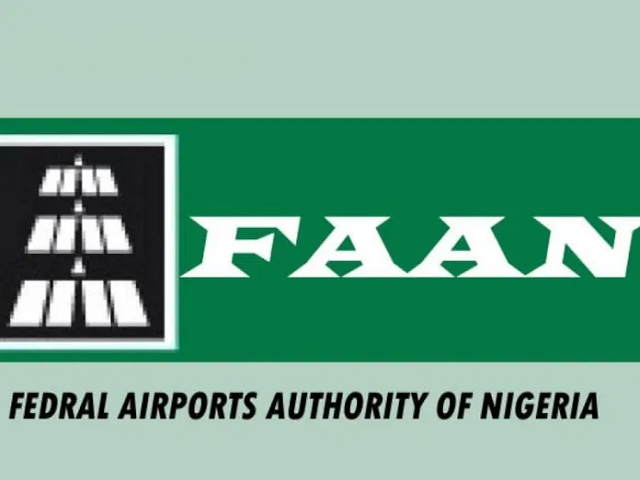Apple has launched new MacBook Air laptops and Mac Mini PCs in a bid to provide a long-awaited overhaul to two long-in-the-tooth computing lines. At the same time, it also launched two new iPad Pros.
The new MacBook Air laptop is 10 per cent thinner than the previous generation MacBook Air, with a weight reduced from 1.35 kilos to 1.25 kilos. For the first time, the new MacBook Air will offer Touch ID built-in to the keyboard, as well as a 1.6GHz dual-core Intel Core i5 CPU of unspecified nomenclature* capable of boosting to 3.6GHz, offering Intel’s integrated UHD Graphics 617.
The new, even slimmer Apple MacBook Air
The built-in Touch ID is intended to make it easier for users to use Apple Pay to purchase goods and services online. Touch ID in the MacBook is support by Apple’s T2 security chip. Both the MacBook Air laptops and the new Mac Mini have a T2 chip built-in.
However, the devices are less generous in terms of memory, and positively stingy when it comes to built-in SSD storage.
The MacBook Air will offer either 8GB or 16GB of RAM, and storage of either 128GB or 256GB. The MacBook Air will cost either £1,199 for the base model with 128GB of storage or £1,399 for 256GB of SSD storage. For the time being, Apple will continue to sell the old MacBook Air at £949 for the 1.8GHz Intel Core i5 model, with 8GB of RAM and a 128GB SSD.
Buyers can upgrade the level of storage in the new MacBook Airs – at a high price. An extra 128GB costs £200 (bearing in mind that standard 240GB SSDs are now less than £40), 512GB of storage will cost £400 and 1.5TB will cost £1,200 extra. A memory upgrade, meanwhile, from 8GB to 16GB will cost £180.
Like the MacBook Air, the Mac Mini (and its upgrades) is the same price in pounds sterling as in dollars, with the two basic models now costing £799 (compared to £479 for the previous generation) and £1,099 (compared to £679).
Both models of the new Mac Mini will offer just 8GB of memory and a choice of either 128GB or 256GB of SSD storage. More memory and storage can be specified, though, with 16GB of 2666MHz DDR4 memory costing an extra £180, 32GB an extra £540, and 64GB an extra £1,260.
Storage upgrades are similarly eye-watering. Upgrading from a 128GB SSD to a 256GB SSD will cost an extra £180, 512GB will cost an extra £360 and a 1TB SSD will cost an extra £720.
The two models also offer a choice of eighth-generation Intel Core processors, with Apple claiming that the basic £799 model comes with a quad core Core i3 processor that runs at 3GHz as standard, turboing up to 3.6GHz. However, as with the MacBook Air, Apple hasn’t specified the model of microprocessor within the new Mac Mini.
Apple claims that the base level model comes with an eighth-generation Intel Core i3 CPU running at 3.6GHz, while the more expensive model comes with 3GHz Intel Core i5, capable of boosting up to 4.1GHz. Both can be upgraded to an Intel Core i7 – but Apple isn’t disclosing Intel part numbers. All the devices, though, offer integrated Intel UHD Graphics 630.
In terms of ports, the devices have one Ethernet port, four USB-C, one HDMI 2.0, two USB 3 and a headphone jack.
The reverse of the new Apple Mac Min – power, networking, 4xUSB-C, HDMI, two USB 3.0 and even a headphone jack
The T2 ‘security chip’ on board both the Mac Mini and MacBook Air integrates several controllers – including the system management controller, image signal processor, audio controller and SSD controller – onto one piece of silicon. However, it also handles on-disc encryption to AES-256 standard and secure boot capabilities.
The T2 secure processor made its debut in the iMac Pro released in December 2017, and was also integrated into the summer MacBook Pro release. It’s implementation, however, has not been without teething difficulties, with the finger of blame pointed at the chip for causing crashes in both new MacBook Pros and iMac Pro computers.













